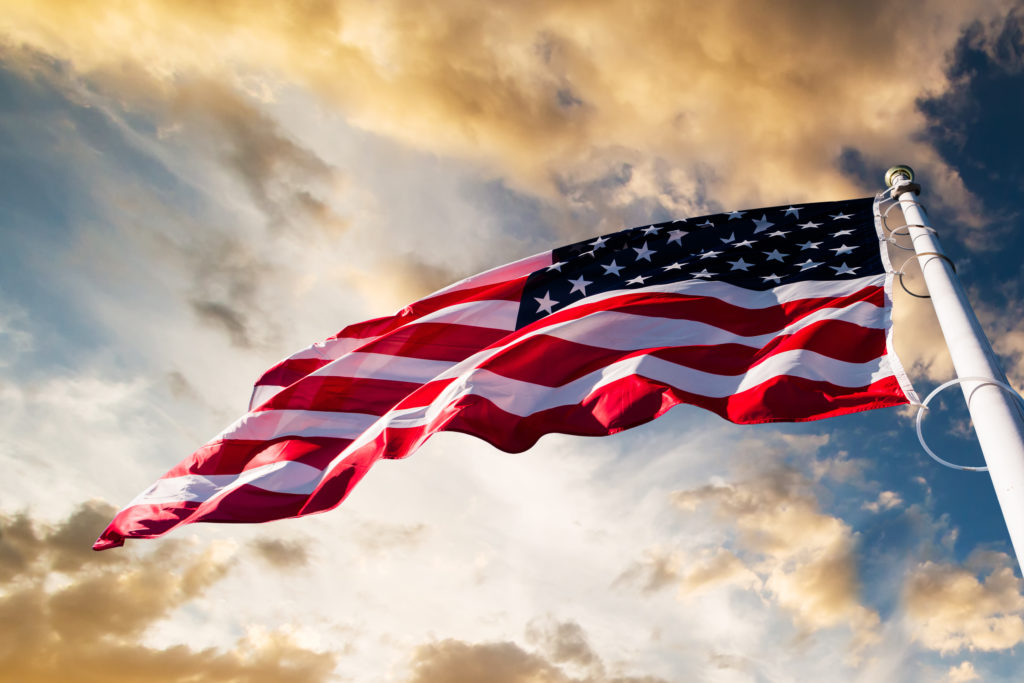Workplace Freedom Missing on July 4th

This op-ed column was originally published at OCRegister.com
Luka Ladan, CUF Communications Director
On the Fourth of July, Americans will celebrate our country’s birthday with beachside barbecues and firework fiestas. Independence Day commemorates our freedom from a tyrannical monarchy thousands of miles away.
But, more than 240 years since the signing of the Declaration of Independence, a different tyranny besieges our democracy. In union America, employees are often left without a voice, ruled by the same union leadership for decades with little opportunity to remove or replace it.
Less than 10 percent of union members ever voted for the union currently “representing” them. Labor unions represent eight million workers under the National Labor Relations Act. Only 478,000 of them—six percent—voted for union representation at some point in their careers. In most cases, union leadership is grandfathered into the workplace by a previous workforce, leaving current employees locked into a dues-paying structure if they wish to stay employed.
These same employees are not guaranteed the right to a secret ballot union election. Under current labor law, union officials can bypass a private vote by pressuring employees into signing authorization cards to unionize a workplace. This public card signings process leaves employees vulnerable to well-documented intimidation, whereby the union can be certified without an election ever taking place. According to the most recent National Labor Relations Board data, roughly 40 percent of union recognitions are achieved with card signatures instead of private votes.
Once a union is recognized, the workplace often stays unionized for decades. Re-votes are rare. As it stands now, employees are unable to periodically reassess their union leadership through scheduled recertification elections—even after the workforce has experienced substantial turnover.
Imagine if your grandfather voted for a member of Congress 20 years ago and you were required to be represented by that elected official today. Now imagine that your member of Congress deducted money from your paycheck to support his or her work and forced you to abide by rules that did not apply to other people. This is the status quo in union America.
Of course, the status quo would be adequate if union members approved of their representatives. But they don’t. According to a Rasmussen polling, only 25 percent of current and former union employees approve of union leadership. Most (57 percent) believe that union officials are “out of touch with their members.” Yet they’re stuck with representatives unresponsive to their interests.
What can be done? The democratization of union America begins with labor reform. The House Education and Workforce Committee recently held a hearing on the Employee Rights Act (ERA), the most comprehensive update to American labor law since the 1940s. Supported by 170 House and Senate members last session, the ERA would democratize the workplace by guaranteeing secret ballot votes and scheduled recertification elections. Without impeding collective bargaining, the bill would reinforce employees’ right to join or leave a union without fear of intimidation.
While union elites have predictably attacked the legislation, national and regional polls show that the overwhelming majority of union household voters support the ERA’s key provisions. Guaranteed secret ballots enjoy 80 percent approval among union households. The same goes for scheduled recertification votes. The federal criminalization of union violence, another ERA provision, hovers around 90 percent approval.
As the 2016 election showed, working Americans are crying for change. Congress should answer their cries and reform American labor law.
Freedom from tyranny is impossible without freedom in the workplace.